Hard drives are used to store data, most of which is very important. The last thing you want is for your hard drive to fail, so you'll need to find a reliable hard drive that's up to the task.
Hard drives tend to fall into three main categories: consumer, Network Attached Storage (NAS), and enterprise. You must find the correct type of hard drive for your purpose.
With that in mind, here are the most reliable hard drives you can buy right now.
The Seagate Exos X14 uses Helium technology which offers eight times the performance of conventional magnetic recording. The drive features a 7,200 RPM spindle speed and runs with 256MB of cache. The Exos X14 is capable of pushing transfer speeds of up to 261MB/s.
The Seagate Exos X14 is an HDD powerhouse with all of its components combined and features a 12Gb/s SAS interface. While it's an expensive initial outlay, the Seagate Exos X14 is designed for data centers that require reliable, power-efficient hard drives.
Seagate's PowerBalance efficiently manages power. You can manage your Seagate HDD to cater for random read/write operations or even when idle. The Seagate Exos X14's power-saving features pitted against the overall performance are a worthwhile investment.
- PowerBalance technology
- 2.5 million-hour MTBF rating
- Helium sealed
- Brand: Seagate
- Capacity: 10TB
- Power: N/A
- Speed: 12Gbps
- Connection: SAS
- Portable: No
- High-performance hardware
- Power-saving features
- Five-year warranty
- Expensive

The Seagate IronWolf Pro NAS is home to Seagate's range of professional hard drives. The range boasts high reliability and capacity, offering storage solutions for businesses and professional consumers.
The Seagate IronWolf Pro NAS packs 7,200 RPM and 8TB storage capacity in a 3.5-inch form factor. Not only does this IronWolf Pro come with a health management system, but it also affords a two-year data recovery service.
If you're looking for a professional, reliable hard drive that offers low power consumption and little to no noise, the Seagate IronWolf Pro NAS is one of the best out there. Although they are more expensive than similar counterparts, the level of quality is definitely worth the investment.
- Reduces noise and vibration
- Includes IronWolf Health Management system
- Five-year warranty
- Brand: Seagate
- Capacity: 8TB
- Power: N/A
- Speed: 6Gbps
- Connection: SATA
- Portable: No
- Long warranty
- Bundled data recovery services
- Drive management software
- Expensive
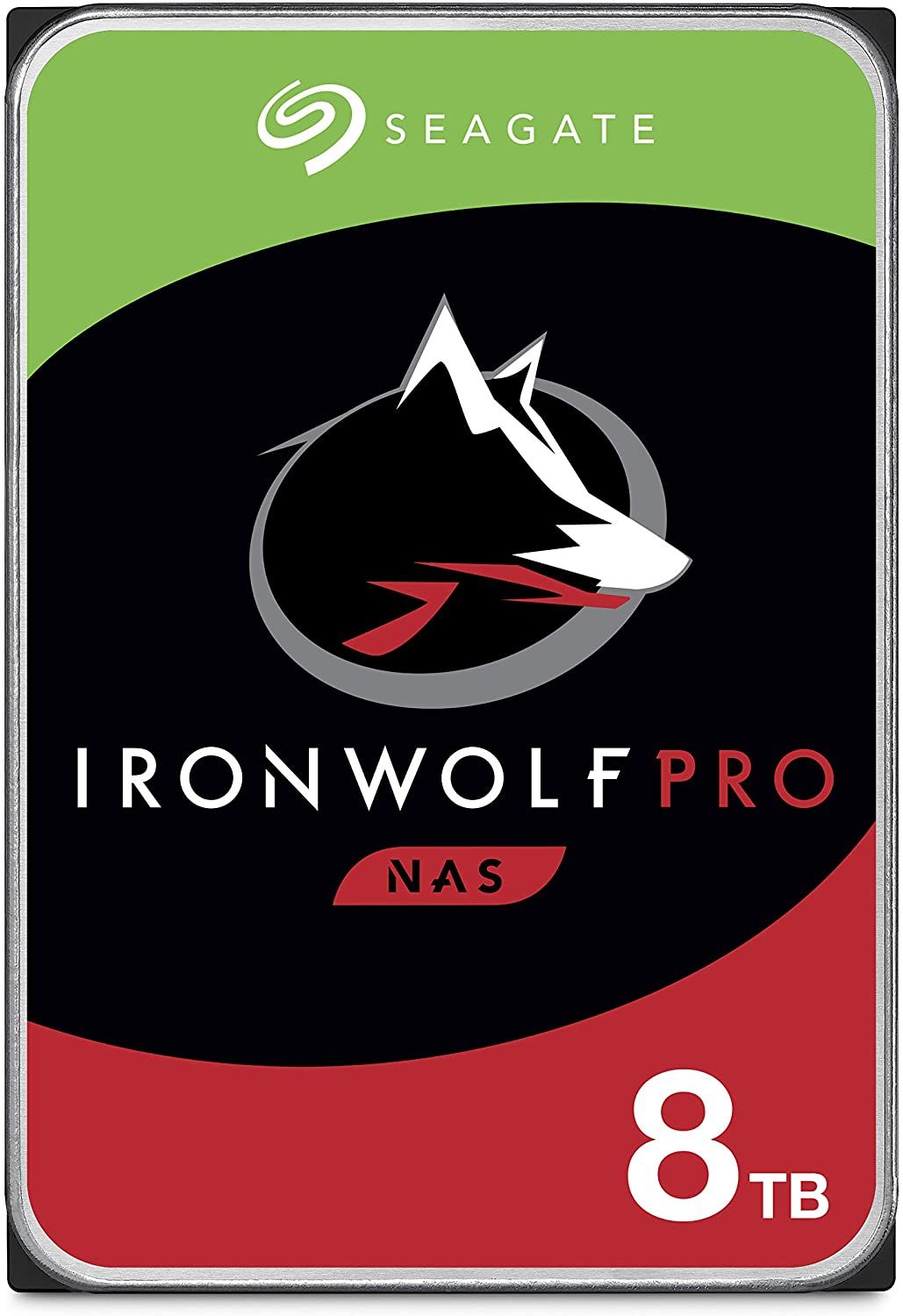
The WD Black WD10SPSX is an excellent alternative to a more expensive SSD. It boasts a large capacity coupled with good performance and an attractive low price. This hard drive is a solid budget option if you're looking to store mass amounts of video, audio, or high-resolution image files.
The WD Black WD10SPSX sports 64MB of cache memory, dual processors, 6Gbps SATA support, and Native Command Queuing. These features are incredibly speed-friendly and help your HDD perform quickly, even when under pressure.
While you're never going to get high-performance speeds close to an SSD with the WD Black WD10SPSX, it is much more significant in terms of storage capacity and cheaper. For individuals looking to store lots of data at a low cost, this hard drive is a no-brainer.
- 1TB of storage
- 7,200 RPM
- 64MB cache memory
- Brand: Western Digital
- Capacity: 1TB
- Power: N/A
- Speed: 6Gb/s
- Connection: SATA
- Portable: No
- Affordable
- Great build quality
- Reliable
- Not the fastest drive available
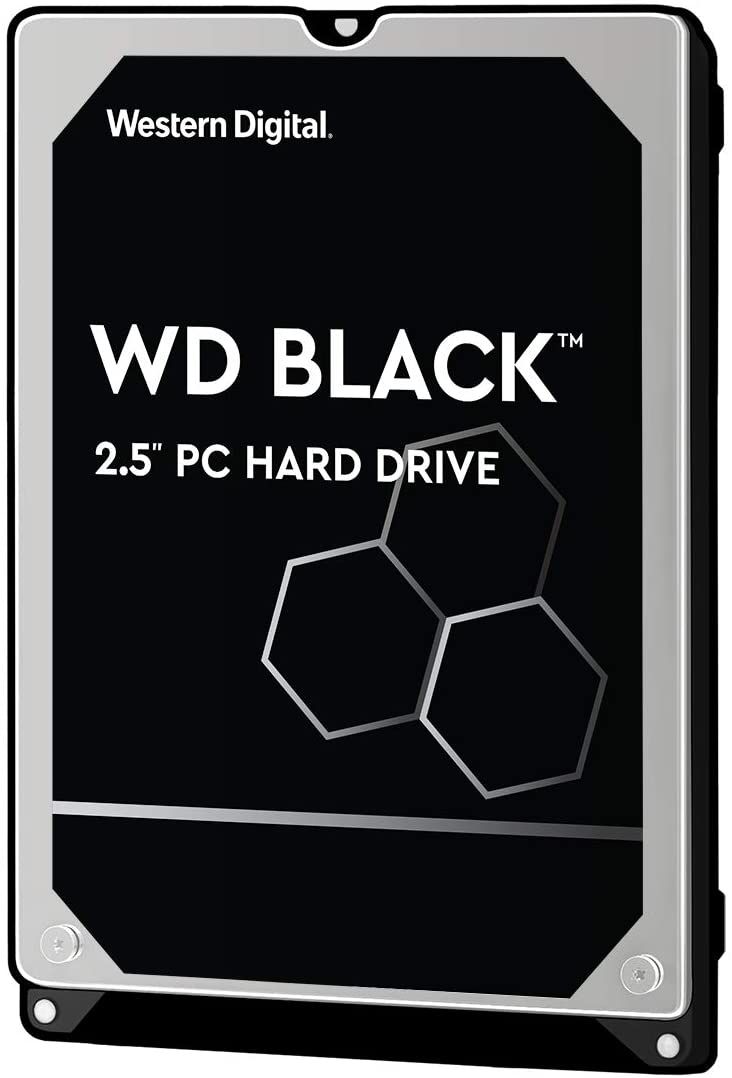
The WD Blue WD40EZAZ is a reliable alternative option to an SSD, offering improved performance on desktop PCs for those who want to use a high-capacity HDD. Due to its 3.5-inch form factor, this hard drive is not suitable for laptops.
While measuring 2MB sequential speeds, the WD Blue WD40EZAZ averages out at around 142MB/s read and the same with write speeds. Although the WD Blue may look like any other HDD, it features 8GB of NAND cache and boasting performance boosts with compatible desktop PCs.
The WD Blue WD40EZAZ comes with a two-year warranty. There's a range of capacities available up to 6TB. While this HDD offers mixed synthetic performance, it is a compelling hard drive with a large capacity at an affordable cost.
- 3.5-inch form factor
- Capacity options up to 6TB
- 5,400 RPM
- Brand: Western Digital
- Capacity: 4TB
- Power: N/A
- Speed: 6Gbps
- Connection: SATA
- Portable: No
- More affordable than an SSD
- Great performance
- Large capacity
- Synthetic performance is mixed

The WD Gold WD2005FBYZ is in the line of Enterprise Class HDDs. It boasts an impressive 2.5 million hours of MTBF, making it incredibly reliable. The helium-filled HDD produces limited vibration and requires less power.
When being written to, the WD Gold WD2005FBYZ runs cool to the touch. You can quickly transfer the maximum storage amount in one fell swoop without the drive exceeding 100°F.
Western Digital has made bold claims about the WD Gold being capable of up to an 18% increase in sequential performance. This is compared to the WD Red Plus.
The WD Gold WD2005FBYZ certainly performs well. However, there are occasions where you'll see dips in performance, like during large-block sequential transfers.
- 200MB/s read speed
- Available in 1TB-18TB capacities
- Five-year warranty
- Brand: Western Digital
- Capacity: 2TB
- Power: N/A
- Speed: 6Gbps
- Connection: SATA
- Portable: No
- Up to 18TB storage
- Power efficient
- Reliable
- Performance can be uneven
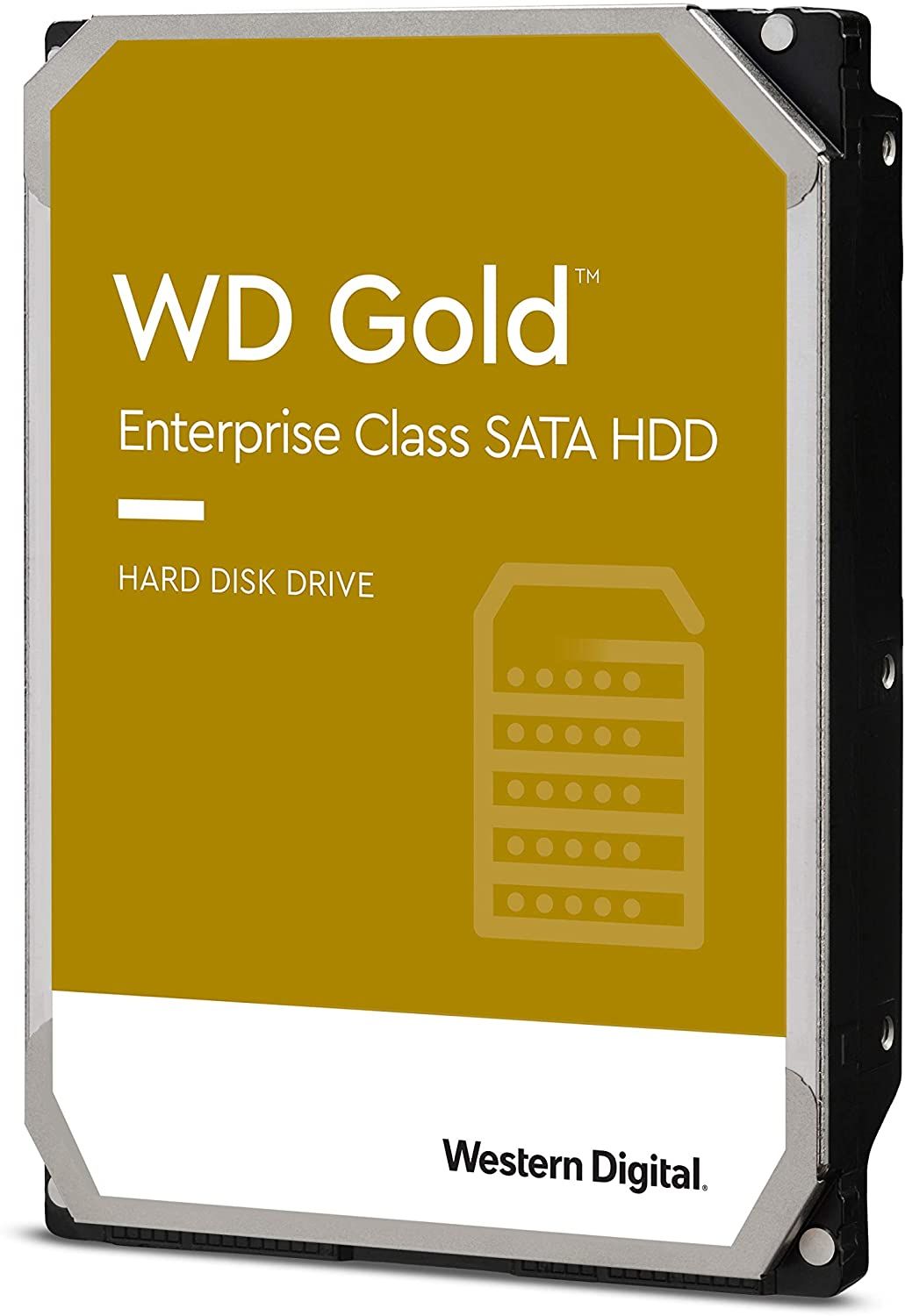
The WD Red WD40EFZX is suitable for NAS owners who want to leverage the capacity of their network storage device. This hard drive performs exceptionally well in multi-drive environments and offers some of the best large-block sequential read and write speeds.
The WD Red WD40EFZX comes with NASware 2.0, which is optimized for NAS environments. It can offer 24/7 operation with reduced noise and power consumption. The hard drive is available in a range of storage capacities from 1TB to 14TB.
Allowing you to monitor performance via the SMART command set, the WD Red WD40EFZX enables users to keep an eye on all aspects of the hard drive, including reliability. While it doesn't perform as well in small block sequential speeds, it certainly shines in most other areas.
- Available in a range of capacities: 1TB-14TB
- 175Mbps read speed
- Supports up to 180TB/year workload rate
- Brand: Western Digital
- Capacity: 4TB
- Power: N/A
- Speed: 6Gbps
- Connection: SATA
- Portable: No
- Tuned for NAS applications
- Designed for consumers and businesses
- Highly reliable
- Doesn't perform as well in multi-drive small block sequential speeds
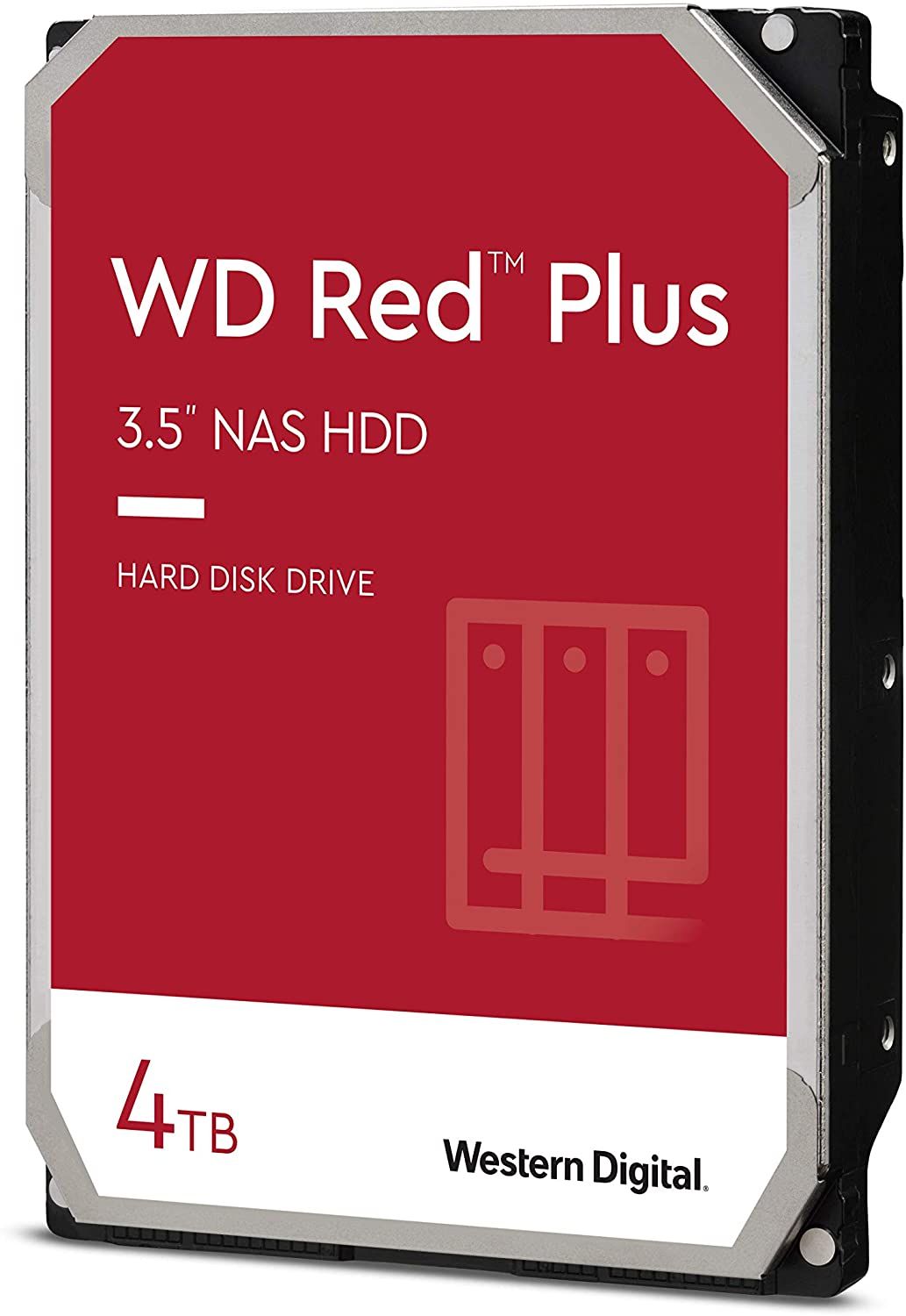
The Western Digital Ultrastar packs a 6Gbps SATA and spins at 7,200 RPM. While it will never compete with an SSD, the Ultrastar can store large chunks of data, ideal for images, videos, and games.
The Western Digital Ultrastar comes with an RVS feature that protects against vibrations. This is backed by the HelioSeal technology, offering higher capacities like this 12TB HDD, making it more reliable.
Compared to desktop-class HDDs, the Western Digital Ultrastar has a workload rating of up to 550TB per year. While expensive, the Ultrastar drives come with a five-year warranty and are incredibly easy to install.
- Workload rating of up to 550TB per year
- Up to 2.5M hours MTBF
- Five-year warranty
- Brand: Western Digital
- Capacity: 12TB
- Power: N/A
- Speed: 6Gbps
- Connection: SATA
- Portable: No
- Enterprise-grade components
- Vibration detection
- Generous warranty
- Western-Digital-Ultrastar

FAQ
Q: Which Hard Drives Last the Longest?
On average, hard drives tend to last for between three to four years. However, many high-end hard drive manufacturers now offer generous five-year warranties, making their hard drives an incredibly reliable purchase.
Q: How Many Hours Should an HDD Last?
If you left a hard drive on constantly for 20,000 hours, you'd expect it to fail shortly after this. However, many hard drive manufacturers, like Western Digital, boast up to 2.5 million hours, which you should look for in a reliable hard drive.
Q: Are Hard Drives Repairable?
If your hard drive fails, it's unlikely that you can repair it. If it's under the manufacturer's warranty, you can send it back to them in an attempt to fix it or retrieve your files. In most cases, you can recover data from a broken hard drive. However, it's not recommended that you attempt to fix it yourself.

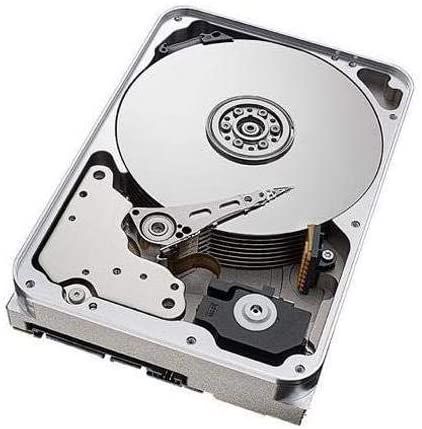
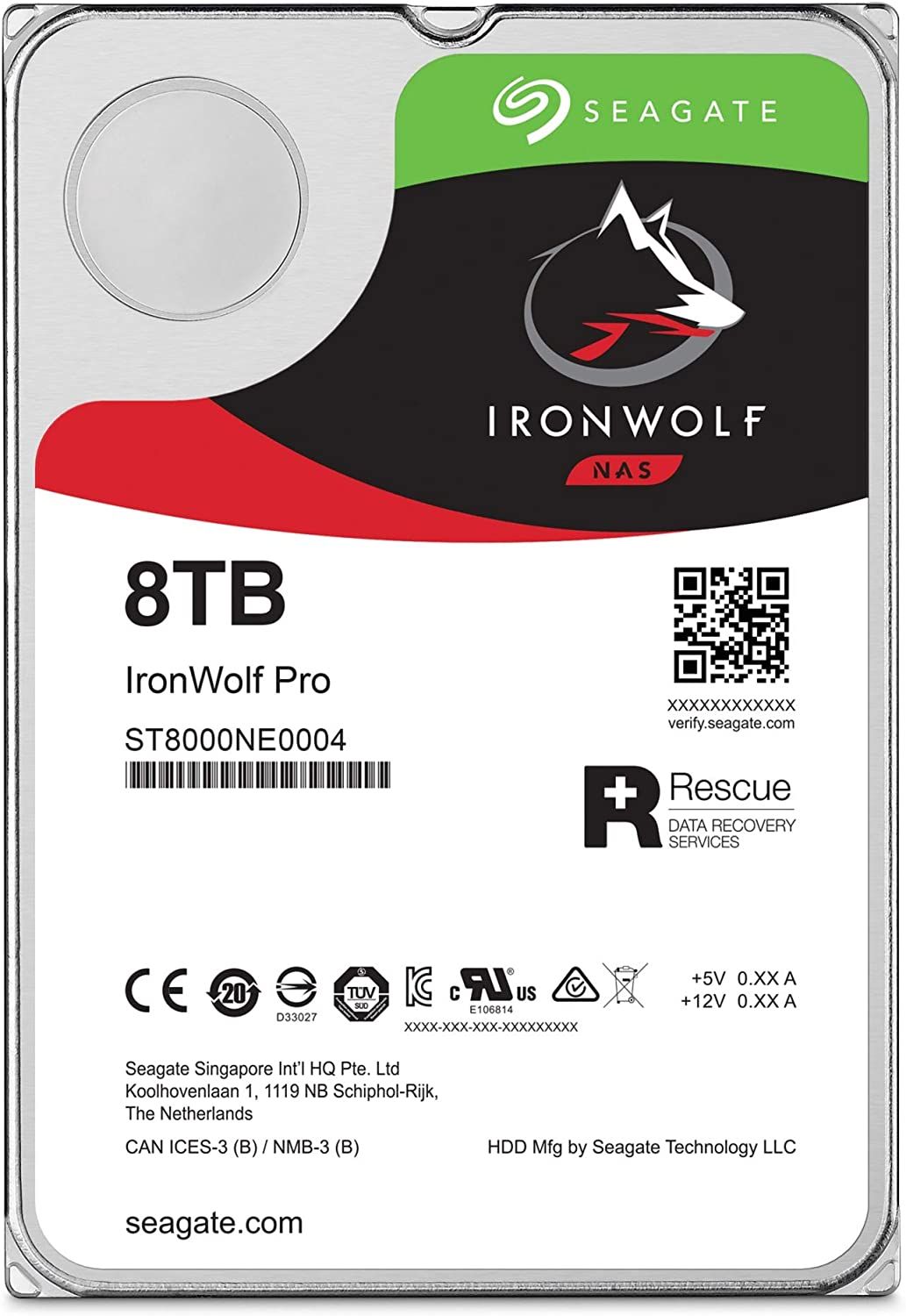
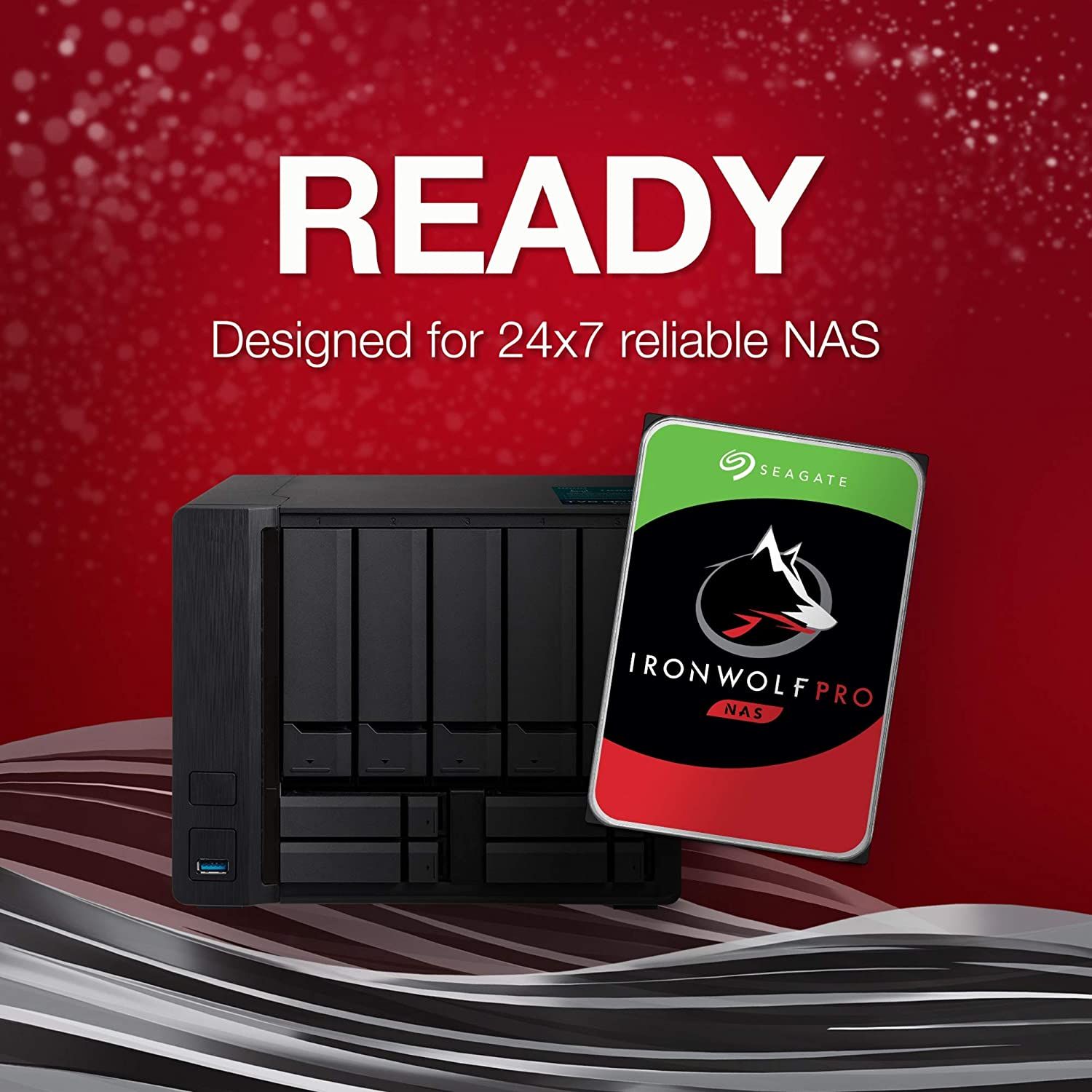

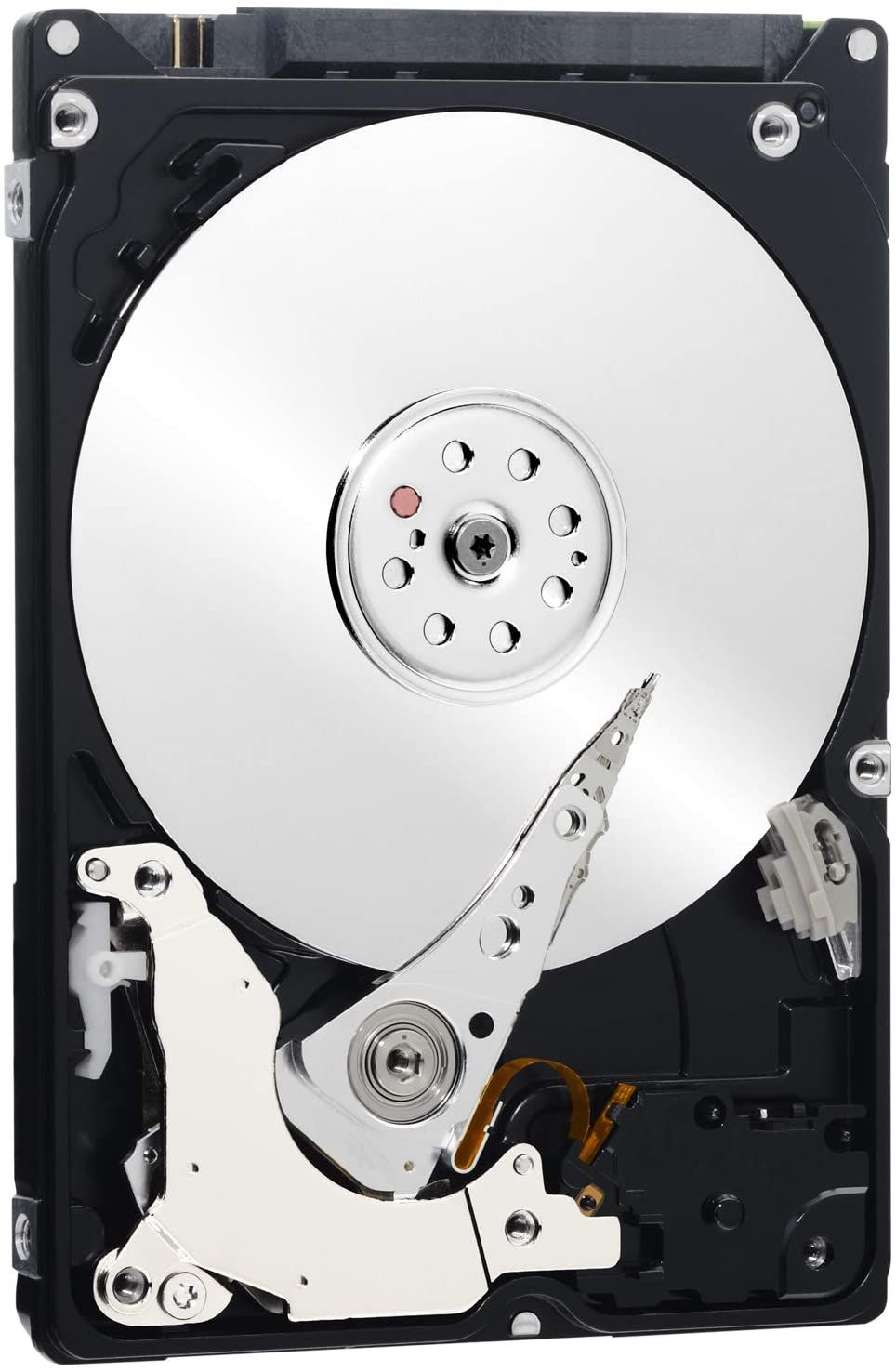

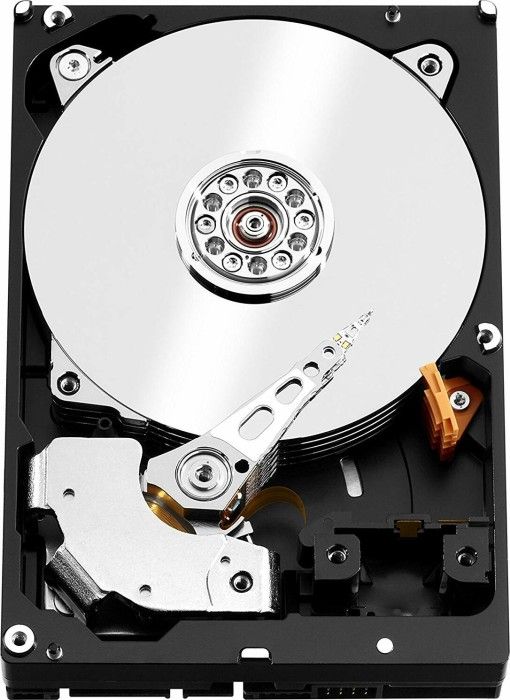
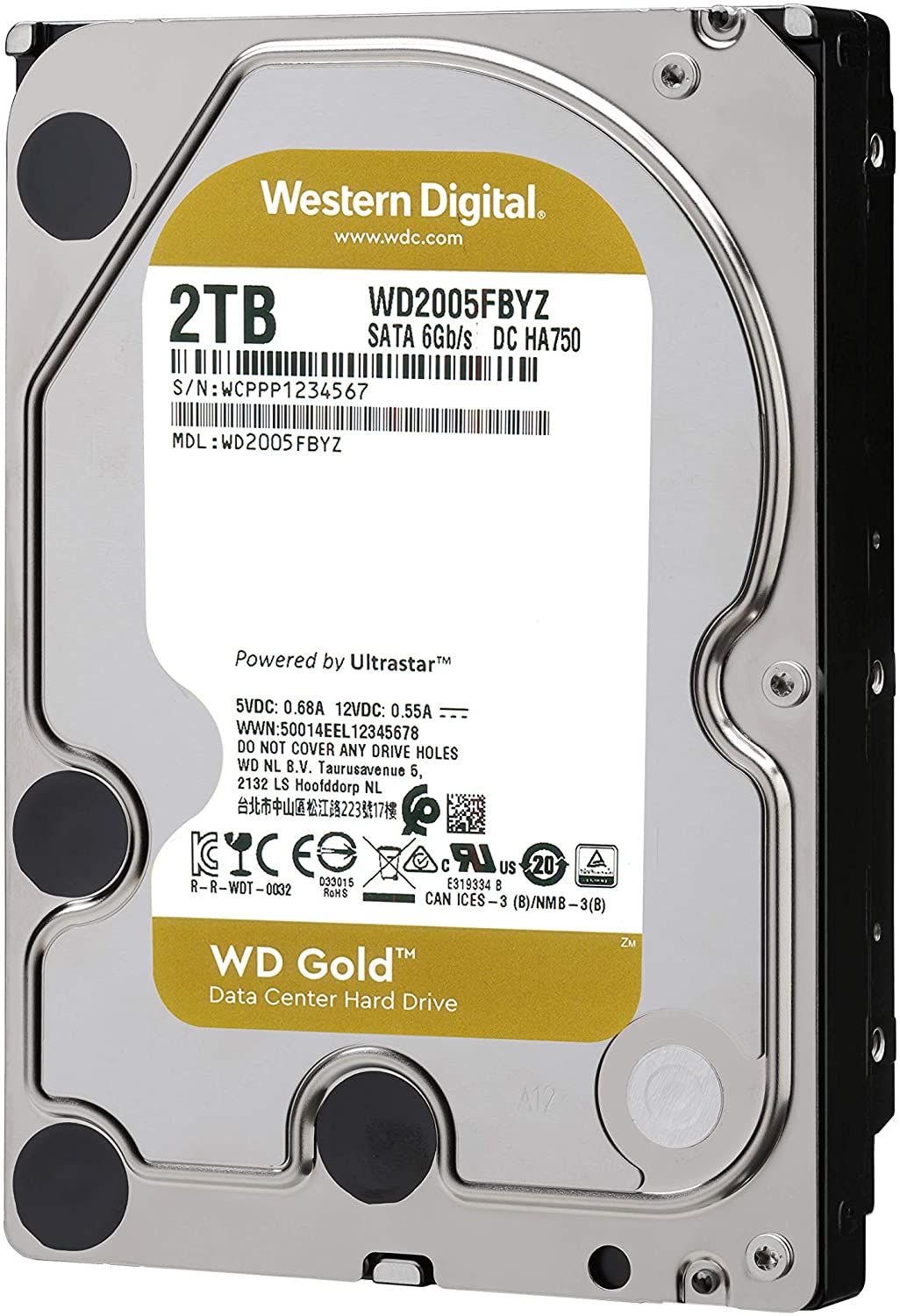
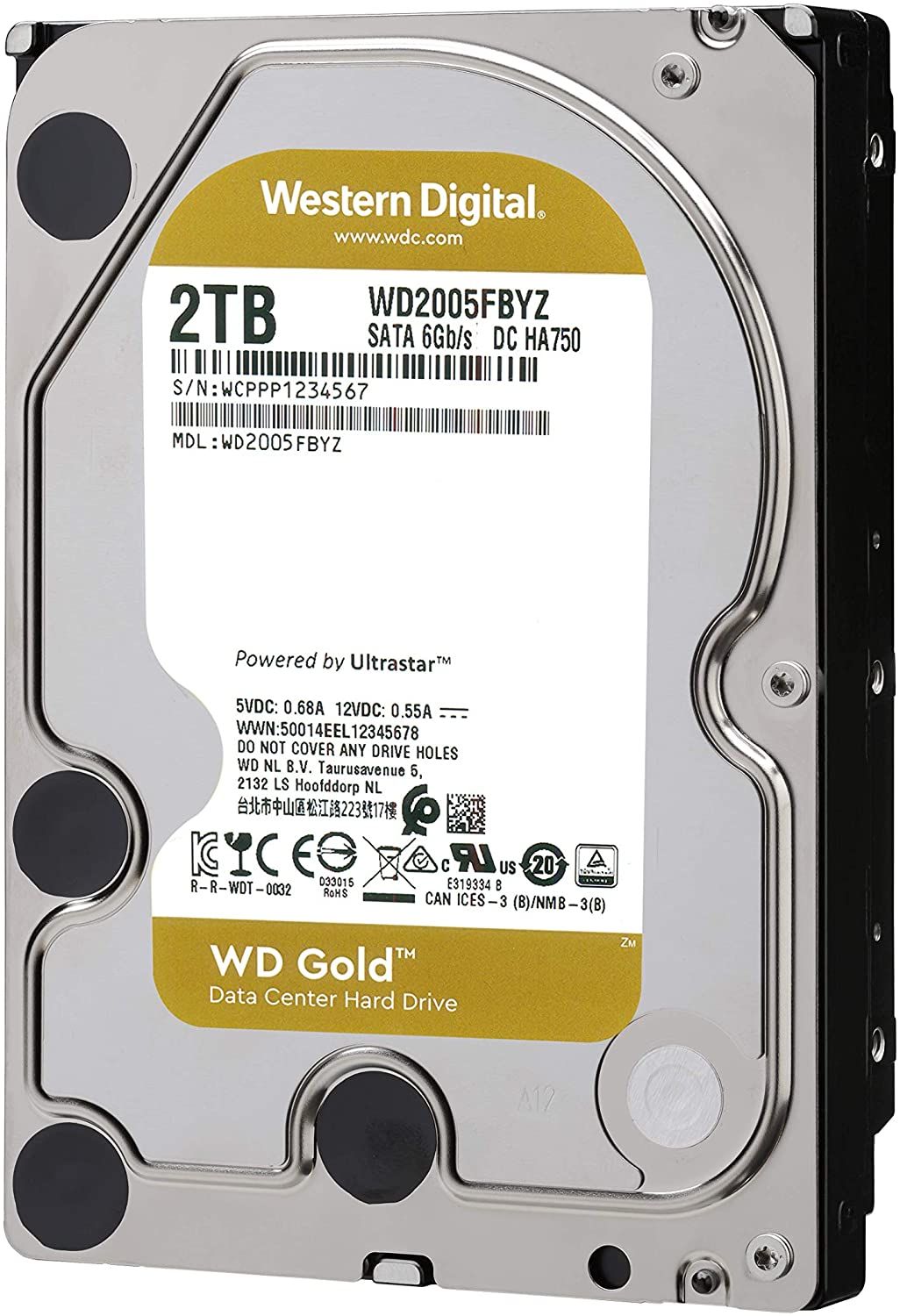
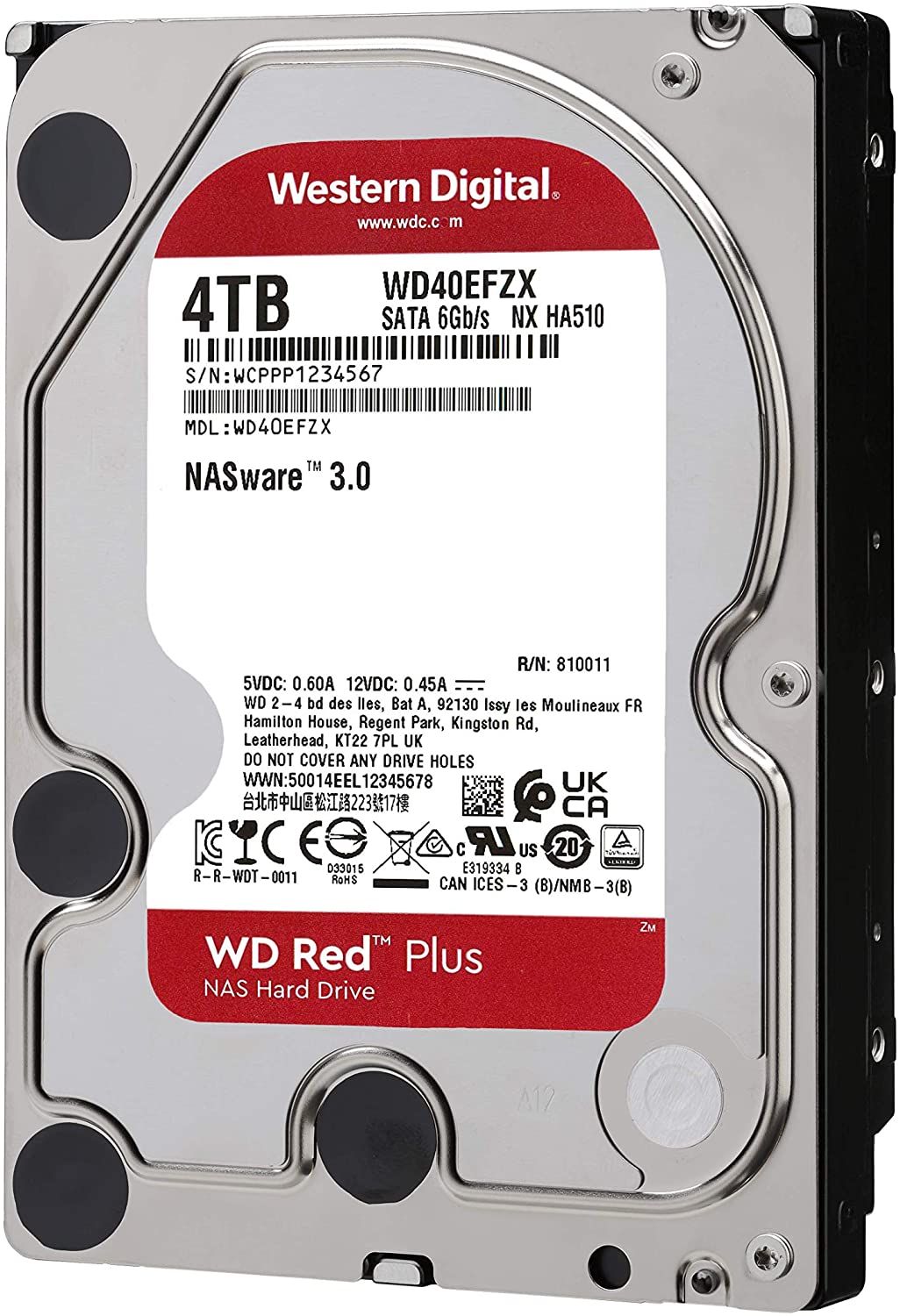
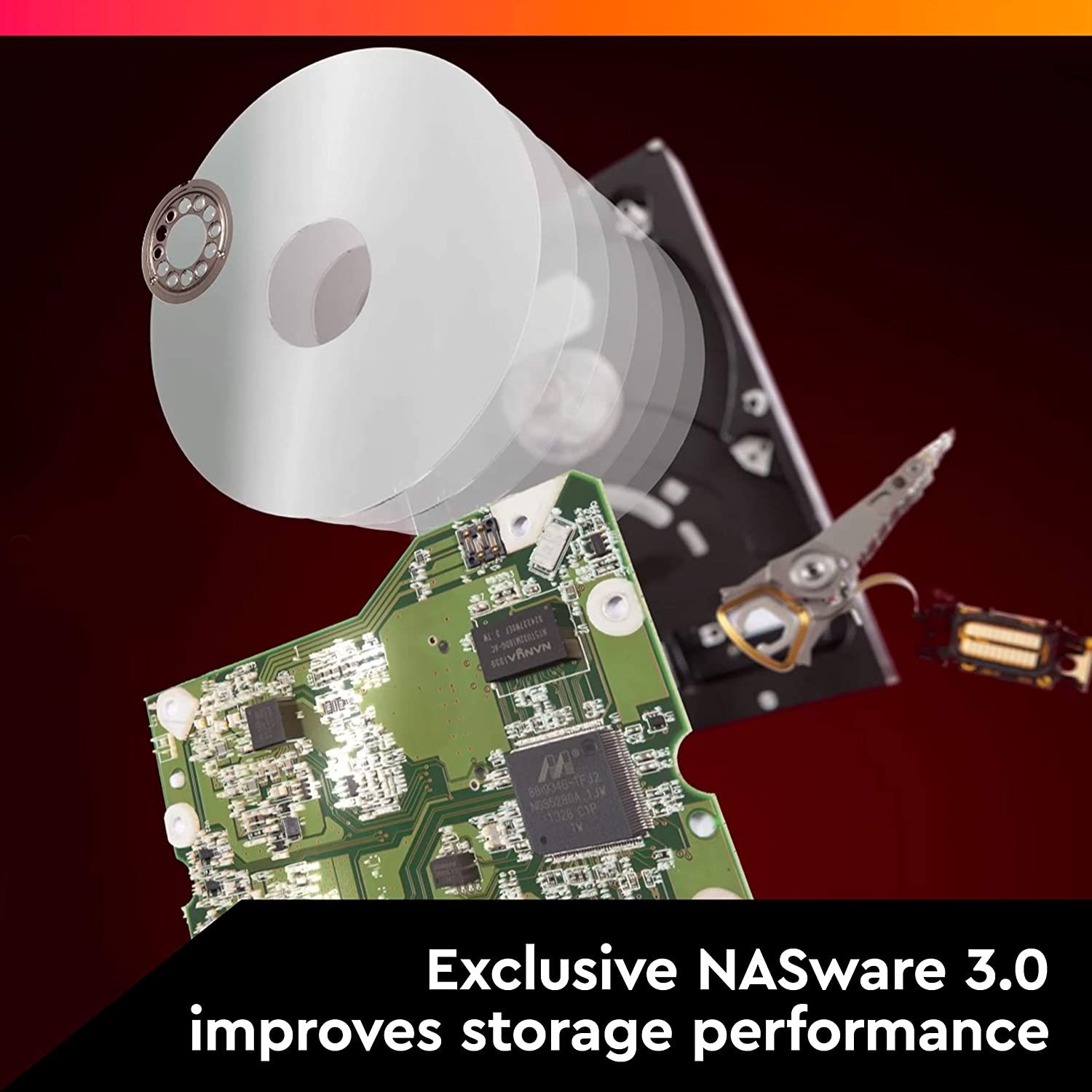

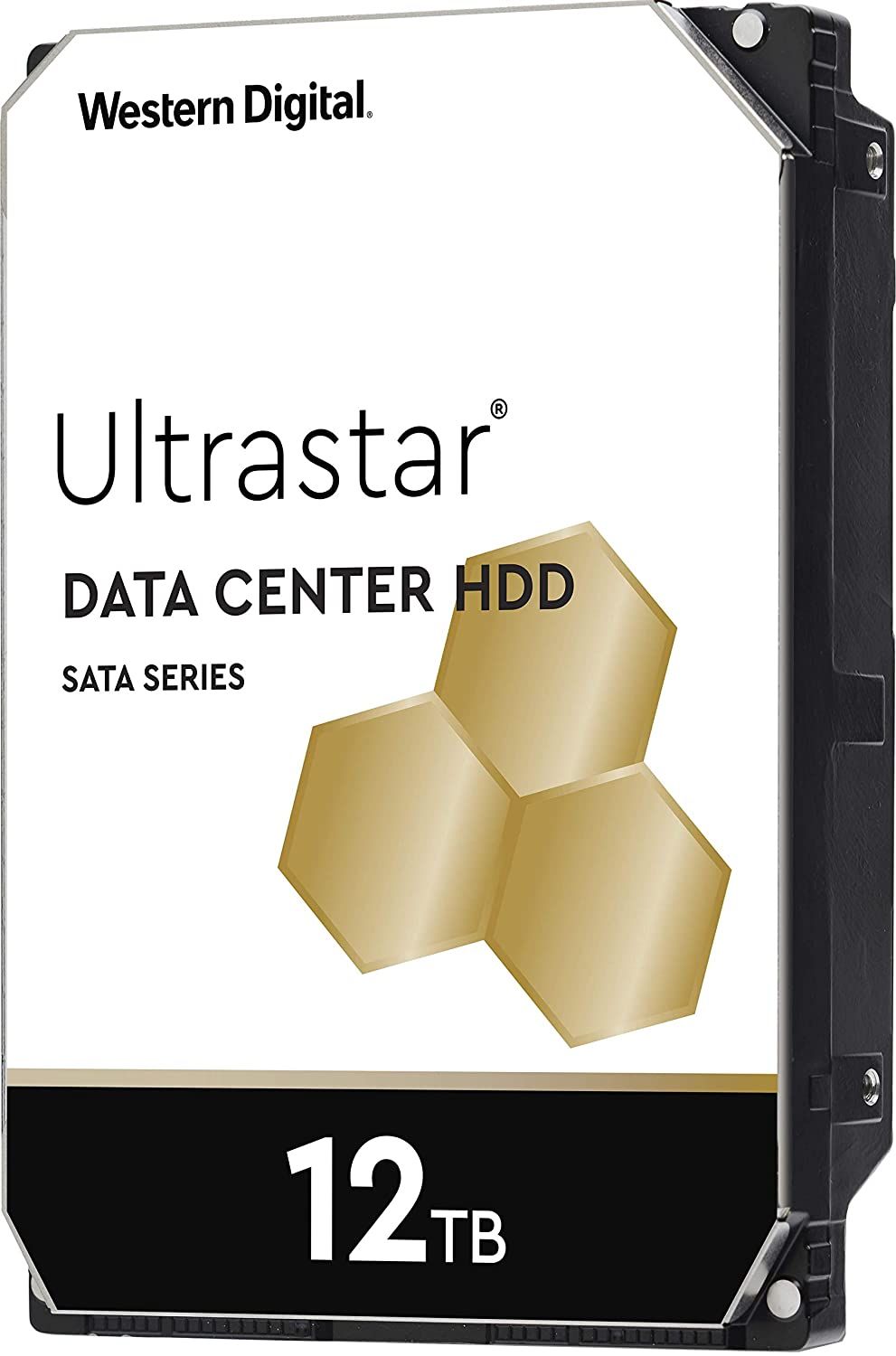
![How to Find IMSI Number on iPhone [Helps with iOS Unlock][Updated] data:post.title](https://blogger.googleusercontent.com/img/b/R29vZ2xl/AVvXsEjLjHwhnfUXNJTuiylqmlurhLRVAEVi803j6xcnvN8EZwF5_XUynz1y0Ko-vwpx6O3nT5hogTELahedGzgQpXM5Y99fcBliinyBu8ACw8_DVV3FpPLkIqR0u7v_HM39rAkpV5MyJiG1h5s/s72-c/find+imsi+iphone.jpg)